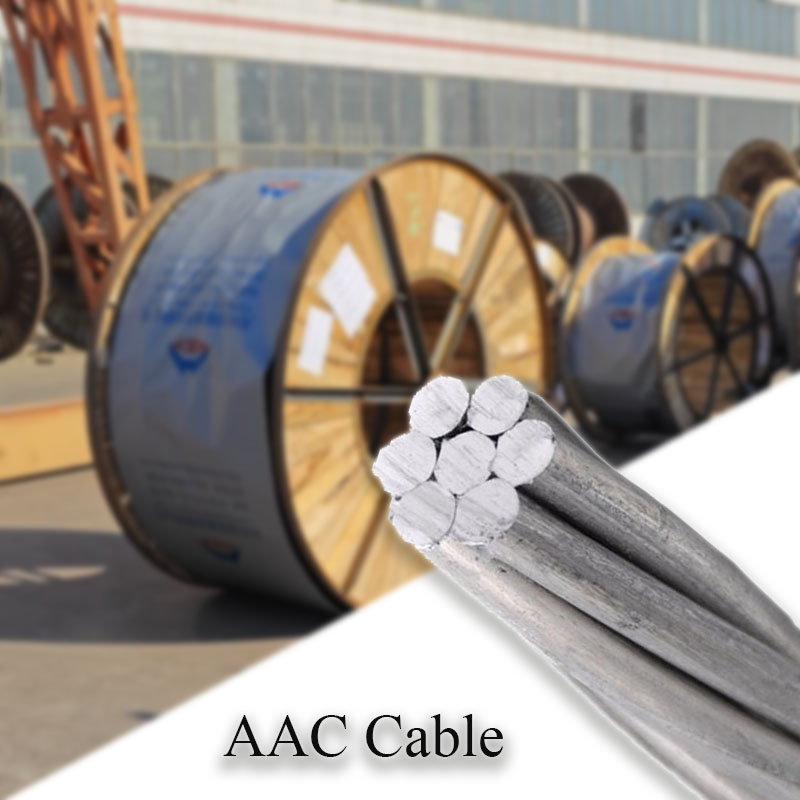
Electric Cable Manufacturers Specializing in Armour-Plated Solutions for Enhanced Durability and Protection
The Role of Armour Plated Electric Cable Factories in Modern Infrastructure
In today’s rapidly advancing technological landscape, the role of durable and reliable electric cable solutions has become increasingly paramount. Among the various types of cables available, armour plated electric cables stand out due to their superior protection and versatility. Factories dedicated to the production of these cables are essential in supporting modern infrastructure, ranging from industrial to residential applications.
What Are Armour Plated Electric Cables?
Armour plated electric cables feature a protective layer, typically made of steel or aluminum, which safeguards the inner electrical conductors from mechanical damage, moisture, and environmental hazards. This design makes them particularly suitable for installation in challenging environments, such as construction sites, underground installations, and industrial plants. Their robust nature ensures minimum downtime and maintenance, making them a preferred choice for electricians and construction teams worldwide.
The Manufacturing Process
The production of armour plated electric cables involves a complex manufacturing process that requires precision and adherence to strict safety standards. Factories begin by sourcing quality raw materials, including copper or aluminum conductors for effective conductivity and polymers for insulation. The manufacturing process includes several stages
1. Conductor Preparation Copper or aluminum wires are drawn to the desired gauge, followed by stranding to enhance flexibility and reduce the risk of breakage.
2. Insulation The prepared conductors are coated with insulating materials to prevent short-circuits and electrical leakage. This step is critical, as the insulation must withstand extreme temperatures and environmental conditions.
armour plated electric cable factories

3. Armouring The armouring process involves wrapping the insulated conductors with protective metal sheathing. This layer acts as a shield against physical impacts, rodents, and corrosive elements.
4. Final Assembly and Testing After armouring, the cables undergo various tests to ensure their durability, conductivity, and safety. This rigorous testing is vital to meet both national and international standards.
5. Quality Control Continuous quality control measures are implemented throughout the production process to ensure that the final products are free from defects.
Importance in Various Industries
Armour plated electric cables find applications in a plethora of industries. In the construction sector, they are essential for powering tools and machinery, offering reliable energy supply in environments fraught with risks. In the manufacturing industry, these cables support heavy machinery and automated systems, where the risk of wear and tear is high. Additionally, in sectors like telecommunications and energy transmission, they are used to protect vital connections from external damage, ensuring uninterrupted service.
Furthermore, the demand for armour plated electric cables is expected to rise with the growth of renewable energy projects. Wind farms, solar fields, and hydroelectric plants require durable cable solutions that can withstand outdoor exposure and harsh conditions. As these facilities proliferate, the role of armour plated electric cable factories in supplying reliable components becomes even more critical.
Conclusion
As we progress into an era of rapid technological innovation, the significance of armour plated electric cable factories cannot be overstated. These facilities play a critical role in producing cables that ensure the safety, reliability, and efficiency of electrical systems across various sectors. By investing in advanced manufacturing techniques and adhering to stringent quality standards, these factories contribute significantly to the backbone of modern infrastructure, paving the way for a sustainable future.
-
Reliable LIYCY Cable Solutions for Low and Medium Voltage ApplicationsNewsJul.14,2025
-
Premium Overhead Electrical Wire Solutions for Low and Medium Voltage ApplicationsNewsJul.14,2025
-
Innovative XLPE Electrical Cable Solutions for Modern Low and Medium Voltage NetworksNewsJul.14,2025
-
High-Quality Ethylene Propylene Rubber Cable – Durable EPDM Cable & 1.5 mm 3 Core OptionsNewsJul.14,2025
-
Exploring the Versatility of H1Z2Z2-K 1X4mm2 Cables in Modern ApplicationsNewsJul.14,2025
-
Uses of Construction WiresNewsJul.14,2025
-
Types of Neoprene CableNewsJul.14,2025














